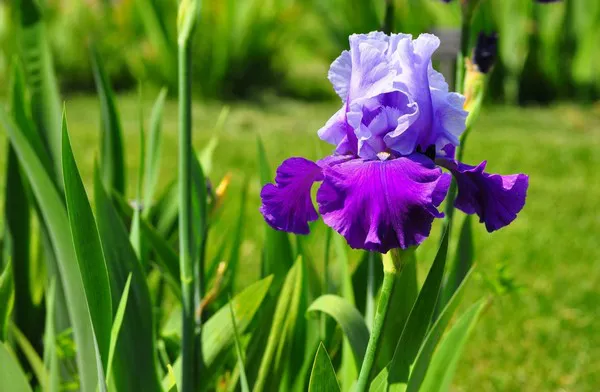In the realm of pollinators, Florida boasts a rich diversity with over 300 species of native bees, including 29 exclusive to the state. While European honeybees often take the spotlight, native solitary bees and birds contribute significantly to pollination and seed dispersal. To create a thriving ecosystem and tackle water pollution challenges, a novel approach involving floating flower farms has been explored, presenting economic potential alongside environmental benefits.
Native Bees: Efficient Pollinators
Florida’s native solitary bees, such as bumble bees, digger bees, and sweat bees, offer advantages over honeybees in terms of rapid flight, extended pollination hours, and efficiency. These bees play a crucial role in pollinating various plants, and efforts to attract them involve providing nesting habitats, avoiding harmful pesticides, and offering suitable flowering plants throughout the year.
Floating Flower Farms: A Solution to Water Pollution
In a groundbreaking study, researchers found that flowers grown on floating platforms in polluted waterways demonstrated remarkable efficiency in extracting phosphorus and nitrogen over a 12-week period. Giant marigolds, in particular, thrived in this setting, showcasing potential economic gains through the floral market. The approach, inspired by traditional floating farming practices, offers a sustainable solution to water pollution issues, especially in areas like Miami-Dade and Broward counties.
Pollination Beyond Bees: Birds and Hummingbirds
While bees play a vital role in pollination, birds, especially hummingbirds, also contribute significantly. Hummingbirds, in particular, pollinate native plants like coralbean and geiger tree, providing visual evidence of their presence in the yard. The study emphasizes the importance of considering diverse pollinators, from birds to solitary bees, for a comprehensive approach to ecosystem health.
Creating Bee-Friendly Environments: Tips for Home Gardeners
To attract and support native bees, home gardeners can take several steps. Choosing a sunny area for a cluster of flowering plants, leaving soil bare or with minimal mulch for ground-nesting bees, reducing harmful pesticide use, and planting a variety of flowering plants can contribute to creating bee-friendly environments. Solidago (goldenrods) and Helianthus (sunflowers) are highlighted as top choices for supporting native Florida bees.
Scaling Up for Global Impact
Encouraged by promising results, researchers aim to scale up floating flower farms in South Florida, demonstrating the potential for similar initiatives globally. This eco-friendly approach aligns with sustainability goals, providing a blueprint for addressing water pollution challenges while contributing to local economies through the flourishing floral market.


